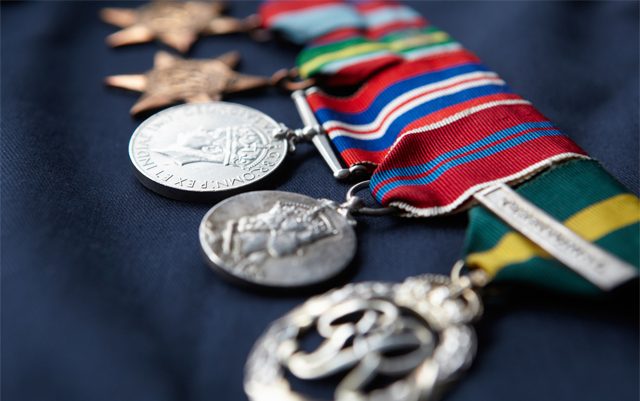Post-traumatic stress disorder (PTSD) affects at least 20 percent of United States veterans who were in the Iraq and Afghanistan wars – and for many of them, treatments like prescription medications and therapy simply aren’t effective. In many states, PTSD is a qualifying condition for medical marijuana – which should give these veterans access to another alternative treatment. Unfortunately, because of the federal-state conflict over the legal status of cannabis, many of these men and women go without a possibly life-changing medicine.
In the last couple years, we’ve come closer to veterans having legal access to medical marijuana – but still it remains out of grasp for anyone going through the Department of Veterans Affairs (VA) for their medical care.
Until now, the VA’s constant answer was that regardless of state law, they are not permitted to prescribe medical marijuana to patients – and that federal law restricted their ability to “conduct research involving medical marijuana, or to refer veterans to such projects.” This week however, the Marijuana Moment pointed out that there have been changes to the VA’s website, now stating that they may be able to investigate the plant’s efficacy as an option to treating veterans.
The VA Office of Research & Development’s webpage on Post-Traumatic Stress Disorder (PTSD) now says that earlier research on medical cannabis “found limited evidence that marijuana use might alleviate neuropathic pain in some patients, and that it might reduce spasticity associated with multiple sclerosis, but found insufficient evidence to assess the effects of marijuana on PTSD.”
“VA is not currently able to prescribe medical marijuana to Veterans,” the webpage reads, “but can look at marijuana as an option for treating Veterans.”
This change to their website came quietly, but also after the pressure was on for the VA to do something about allowing veterans fair access to medical marijuana like any other resident of a state where it is legal. A group of members of Congress, as well as the American Legion, among others, have been calling for these changes – and more – for months and even years in some cases.
A clinical trial, approved to move forward by the DEA, aims to determine if medical marijuana is an effective treatment for PTSD. It took from 2011 until 2016 to get the study approved – and they saw setbacks with a poor supply of herb from the government – yet they still haven’t been able to start the trials because not enough veterans who qualify are enrolled in the study.
“This study needs 50 more participants and the Phoenix V.A. is in the best possible position to assist by simply allowing principle investigators to brief [VA] medical staff on the progress of the study, and by allowing clinicians to reveal the existence of the study to potential participants,” the American Legion, which represents more than 2.4 million military veterans, wrote to Shulkin in September. “Your immediate attention in this important matter is greatly appreciated. We ask for your direct involvement to ensure this critical research is fully enabled.”
This letter to Veterans Affairs Secretary David Shulkin came before the changes to their website – essentially saying that VA doctors can now consider the possibility of medical marijuana. Does this mean they will soon be able to refer patients to state legal programs and doctors who can help them? Or at least help get the needed number of vets involved in the clinical trial in Arizona so that we can have an FDA approved study on medical marijuana use for treatment of PTSD? Though this happened subtly, there is a chance that this is the start of things moving in the right direction to ensure veterans have fair access to the same medicine as anyone else.






